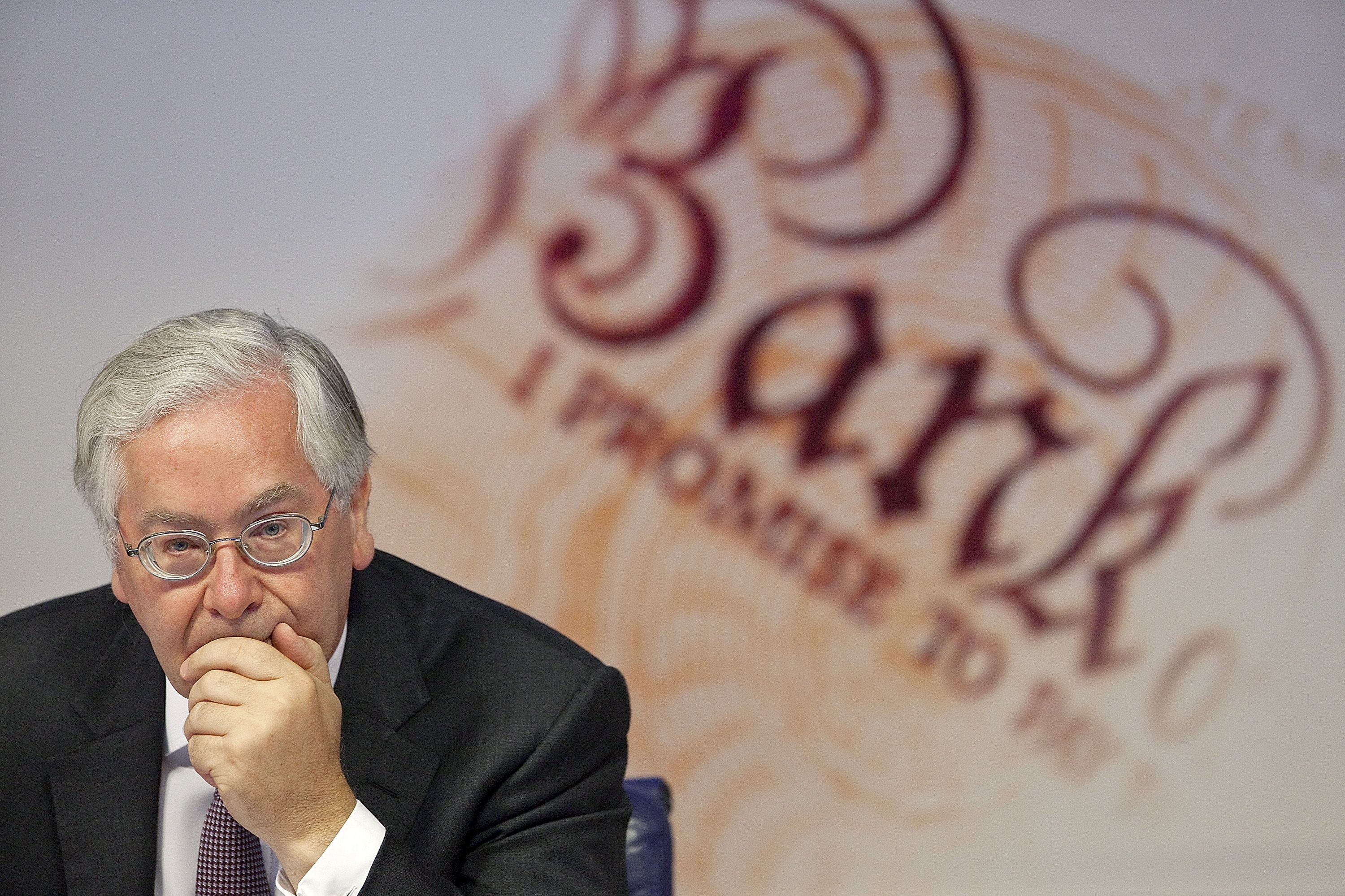The word Bitcoin very few may of heard up until recently,
when it’s price surged from 11$ in 2011 to over 200$ this year. The fundamental
laws that govern this virtual currency are beautiful, from freedom, to the
potential downfall spike of a financial market.
The Dark Past
No
one knows who the creator or creators of this virtual copper really are… Though
tales are told in the Far East; and it is said to have originated from a
hacking liberal collective known as Satoshi Nakamoto. This possible origin
inspires the use of Bitcoin as pure freedom, so in a way this would make sense
for its origin. But trusting the algorithmic workings of a hacking community
for what is now by investors seen as a
very real object in the currency market, for me does spark concerns. More so
are these concerns set ablaze with the value of this virtual coin being at over
the $100 apiece.
No Monetary Policy, No Problem
If you are loathing of central banks and the continuous tax
avoidance cleansing has rattled you to the puzzlement. The trust of your wealth
management intermediary is in question? Then look no further!
The currency, being digital is not guaranteed or controlled
by anything up to the heavens other than the free market. Hence for tax
avoiders and people looking to acquire new safe havens, Bitcoin could prove to
be fruitful. The work which occurs within Bitcoin is supply increase. There is
cap currently on the currency until 2050, but until then it is up to you to
solve algorithmic puzzles in order to win a few of the coins, by downloading ‘Bit
miner’
Taxation & Stealth
Her majesty’s government met with figures from taxation to
the online intelligence service (GCHQ), in order to discuss the problems of the
new coin.
The central problem which the UK government and many others
become sour at, is the notion that Bitcoin is near completely untraceable in
transaction origin, and is impossible for any governing body other than the
demand & supply of the free market to control. These founding rules have
made this meeting turn to the operation of most likely bending these two main
principles and eventuallz when they are bent, or with the help of some other
countries broken, then taxation will be most likely to occur.
Uses and Commodity problems
Currently the uses of the coin movements are speculative and
most likely large untraceable transactions, though rapidly online shops and
services that are beginning to accept it. The only current backaches are the
fears of Bitcoin becoming a commodity currency. The limiting factors of
algorithms prove a big issue in dealing with this.
The coin I believe is a great step into the new way the
world now works as more transactions become electronic. The frustrations I believe
will come as countries try to file away at these, and then Bitcoin may take a
turn for the worse.





